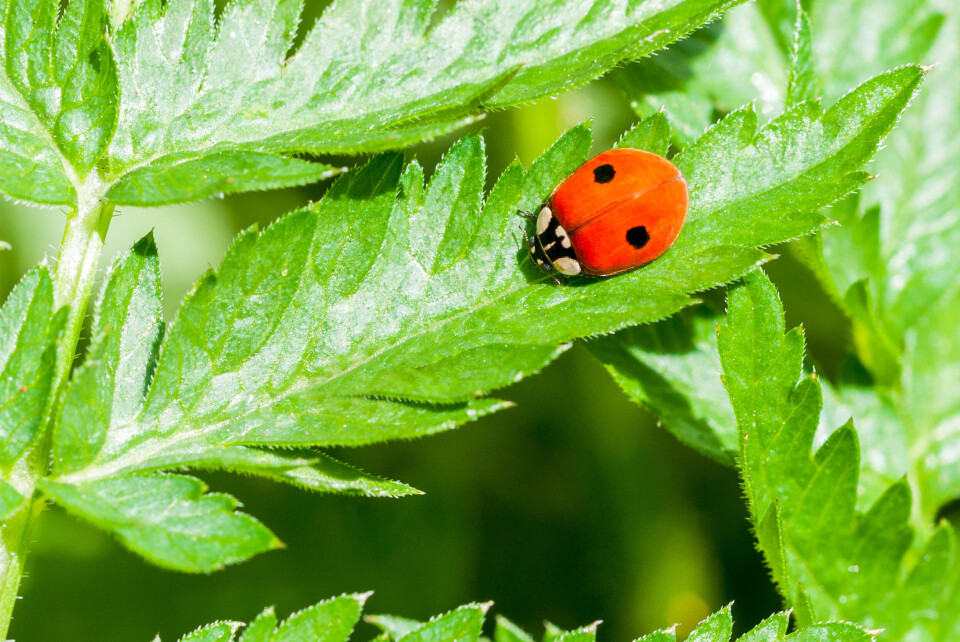-
More communes in France distribute Asian hornet traps
Residents are increasingly receiving help, with now the best time to capture the queens
-
Rugby vocabulary to know if watching the Six Nations in France
From un tampon to une cathédrale, understand the meaning of key French rugby terms
-
Processionary caterpillars return across France, warn local authorities
Insect has been seen two months earlier than usual in many areas
Aphid-eating ladybirds given free to gardeners in Normandy
The ladybirds can be extremely efficient ‘insecticides.’ The tradition of distributing them for free dates back almost 40 years

Ladybirds (or strictly speaking, their larvae) are being offered to residents in parts of Normandy as a means to help them deal with aphids and other nuisance insects, in an annual tradition that dates back to 1984.
Every Friday from April 22 to July 8, residents of Caen (Calvados) are offered free ladybirds to take home to their gardens to help. The ladybirds are distributed in the city’s Jardin des Plantes.
Their larvae are raised in the insectarium in Normandy, and then distributed to gardeners keen to protect their plants from otherwise-destructive insects.
The ladybirds are a particular kind – the “two-spot” ladybird, or Adalia bipunctata. They are so-called because they only have two black spots on their red bodies, one on each side.
They eat aphids and other insects, and so act as natural “insecticides”. They can be incredibly efficient and can eat up to 50-70 aphids per day. Chemical insecticide use has been banned for individuals in France since January 1, 2019.
The Caen initiative, which has been in operation for almost 40 years, helps to raise public awareness of natural gardening.
Gardeners and other residents who wish to take their share of ladybirds are invited to attend the distributions on Fridays.
They will then be given a small container with a few milligrams of yellow “powder”, which are the ladybird larvae (eggs). The powder will be on a piece of paper that should be stapled to an infected plant once the eggs have turned black.
This is a sign that the larvae have hatched and are ready to begin eating insects, and will then turn into ladybirds.-
Recipients must have already checked that they have aphids and other insects in their garden first, otherwise the larvae will not have anything to eat once home, and will not hatch.
If you are not able to attend a Caen distribution session, fear not: Ladybird larvae can also be bought from specialist gardening companies or online garden centres.
Related articles
Gardening in France: Dahlias stir poetry and emotion
The best plants to grow in France to deter mosquitoes
























